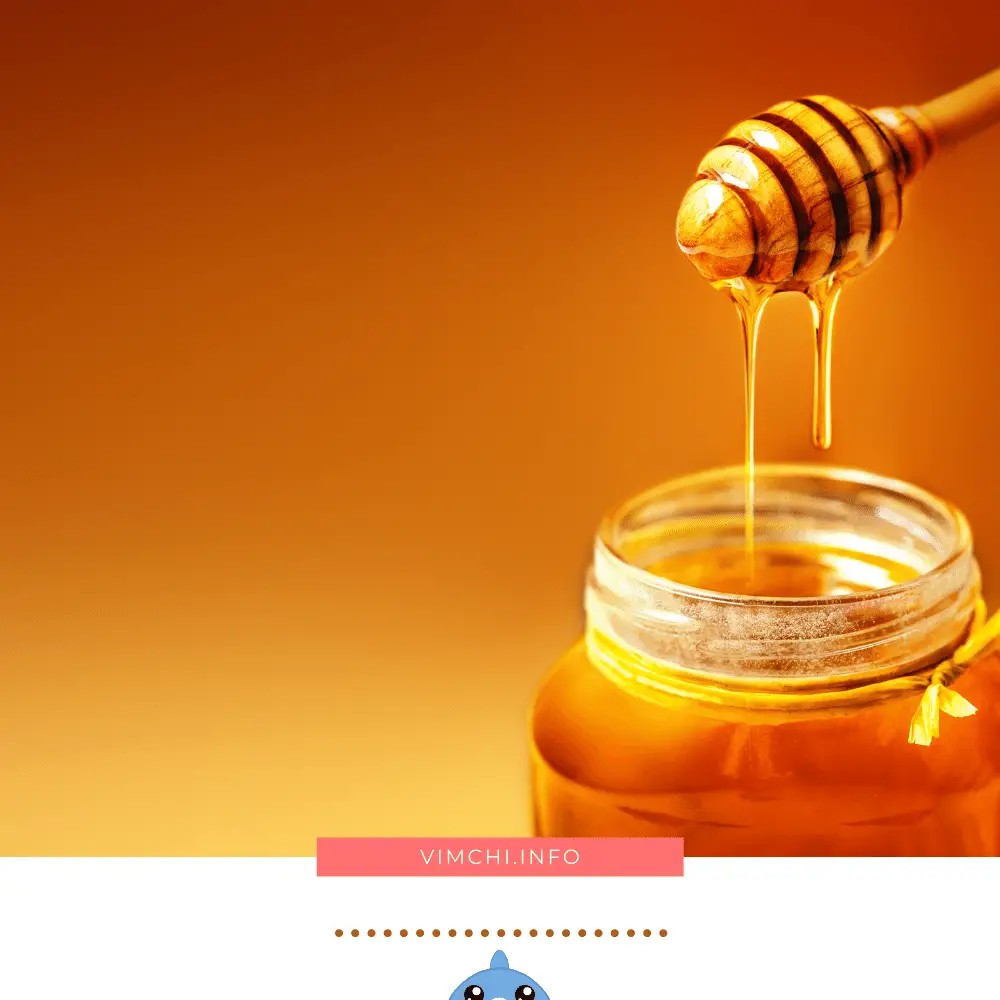Hot tea can relieve your scratchy throat. Is there a particular herbal tea for cough that can soothe your throat and loosen up mucus? That’s what you’re going to find out here.

Herbal Teas for Cough
Herbal Tea with Honey

Honey can help in relieving coughs. This study compared dark honey with synthetic medication for coughs. The researchers found that honey offered better relief from coughing compared to dextromethorphan.
Parents considered honey to be more favorable.
To make a honey tea, you can mix two teaspoons of honey with a warm herbal tea. Take it once or twice a day.
On the other hand, if you don’t want to drink honey with tea, you can eat consume a spoonful of honey directly. Or you may choose to spread it on your snack.
Peppermint Tea

The mint sensation of peppermint can help relieve throat pain. It may also help your stuffy nose so you can breathe easier.
This study shows that peppermint has antimicrobial and antioxidant properties. In that case, it can help in preventing germs or killing them.
To prepare peppermint tea for cough, drop a peppermint tea bag into a cup of boiling water. Health experts don’t recommend the use of peppermint essential oil when making this tea.
Ginger Tea

It eases asthmatic and dry cough. Thanks to its anti-inflammatory properties. It can also relieve your nausea and pain.
The anti-inflammatory properties of ginger may help in relieving membranes in the airways to reduce your coughing. But further studies are needed to justify it.
To soothe your cough with ginger tea, simply cut slices of fresh ginger and add them to a cup of hot water. Let it steep for a few minutes before you drink it.
It may not be that palatable so you can add honey to the mixture. Since honey is also great for your cough, you will have a powerful herbal tea remedy for your cough as a result.
But don’t drink too much ginger as it may cause stomach upset or trigger your heartburn.
Bromelain

It’s an enzyme found in pineapple. You may not consider this fruit as a remedy for your cough.
However, bromelain in pineapple can help in surpassing cough. It also helps in loosening mucus in your throat.
And if you have sinusitis, it can also help in relieving it.
Lemon tea

The acidity in lemon can help in breaking up mucus. Plus, it boosts your immune system to help in fighting against infection.
When making lemon tea, mix it with hot water. However, because the vitamin C content in lemon is degraded by heat, you should allow the water to cool down a bit before you add the juice.
You may also add a teaspoon of honey to make the tea more comforting to drink.
Chamomile Tea

It’s a widely available herbal tea. And it’s also an old herbal remedy for cough. Several studies showed the many benefits of this tea in treating several health conditions.
This article suggests that chamomile could lubricate the throat so it could be useful in relieving hoarseness and pain.
Furthermore, this tea has anti-inflammatory properties that can reduce swelling and redness. Plus, it is high in antioxidants, which can be useful in repairing tissue damage and promoting tissue health.
Then, it provides antispasmodic action that can reduce your cough. If your cough is related to your sore throat, this tea can relieve your cold symptoms.
In addition to drinking chamomile tea, you may also inhale chamomile steam.
Licorice Root Tea

It’s a traditional medicine that can treat several conditions, including cough. Many studies showed that licorice could help in stopping the growth of bacteria, fungi, and viruses.
This study also found that some compounds in licorice could loosen up mucus because of their expectorant properties.
However, if you’re pregnant, you should avoid this tea because it can increase your blood pressure. It can also lower your potassium levels.
Making licorice root tea requires you to use a teaspoon of chopped licorice root and add it to a cup of water. Bring the mixture to a boil for 10 minutes. Let it cool down first before straining and serving.
However, if you don’t have time to prepare this tea from licorice root, you can choose to buy licorice root tea.
Inhaling Steam
You may also improve your cough by steam inhalation in addition to drinking herbal tea for cough.
Simply fill a large bowl with hot, boiling water. Be careful in pouring water into the bowl. Make sure to add some essential oils and herbs. Use eucalyptus oil or rosemary oil if you want. Then, lean over the bowl. Trap the steam by placing a towel over your head. Continue inhaling the vapor for at least five minutes.
Salt Water Solution
This solution reduces phlegm or mucus in your throat. As a result, it lessens your cough.
This is easy to prepare as you only need to add a teaspoon of salt into a cup of warm water. Allow the salt to dissolve in the water before you use the mixture to gargle. Gargle with this solution many times until your cough improves.
Change Your Diet
Cough can be caused by a lot of things, including acid reflux. If this is your case, you might want to avoid eating foods that can trigger it.
The most common triggers would include caffeine, chocolate, citrus foods, alcohol, garlic, mint, spices, onions, and tomatoes, among others.
Preventing a Cold
It’s not always easy to avoid cough. But there are some tips you need to follow to reduce your risk.
For instance, you should wash your hands regularly to remove bacteria from your skin that might cause a cough.
Make sure to hydrate yourself. Drink lots of water and herbal tea to avoid dehydration.
Get enough sleep. Having a cold is one of the manifestations that your immune system is weak. Thus, aim to have at least 8 hours of sleep each night to boost your immune function.
Should You See a Doctor?
There are symptoms that you need to be aware of that would prompt you to see a doctor.
For instance, if your phlegm is green or yellow. The color of the phlegm can indicate whether or not the cough is a result of a viral infection.
If your cough is accompanied by chills and fever, then you must see a doctor.
Now, if you’re coughing up blood and you have breathing difficulties, then go to the nearest emergency department.
Conclusion
Drinking herbal tea for cough may help relieve your symptoms. However, if your cough is accompanied by fever and chills and the phlegm’s color is green or yellow, then make sure to see your doctor.
For more natural remedies, make sure to visit Natural Remedies for Inflammation.
Speak Now ... Or Forever Hold Your Peace